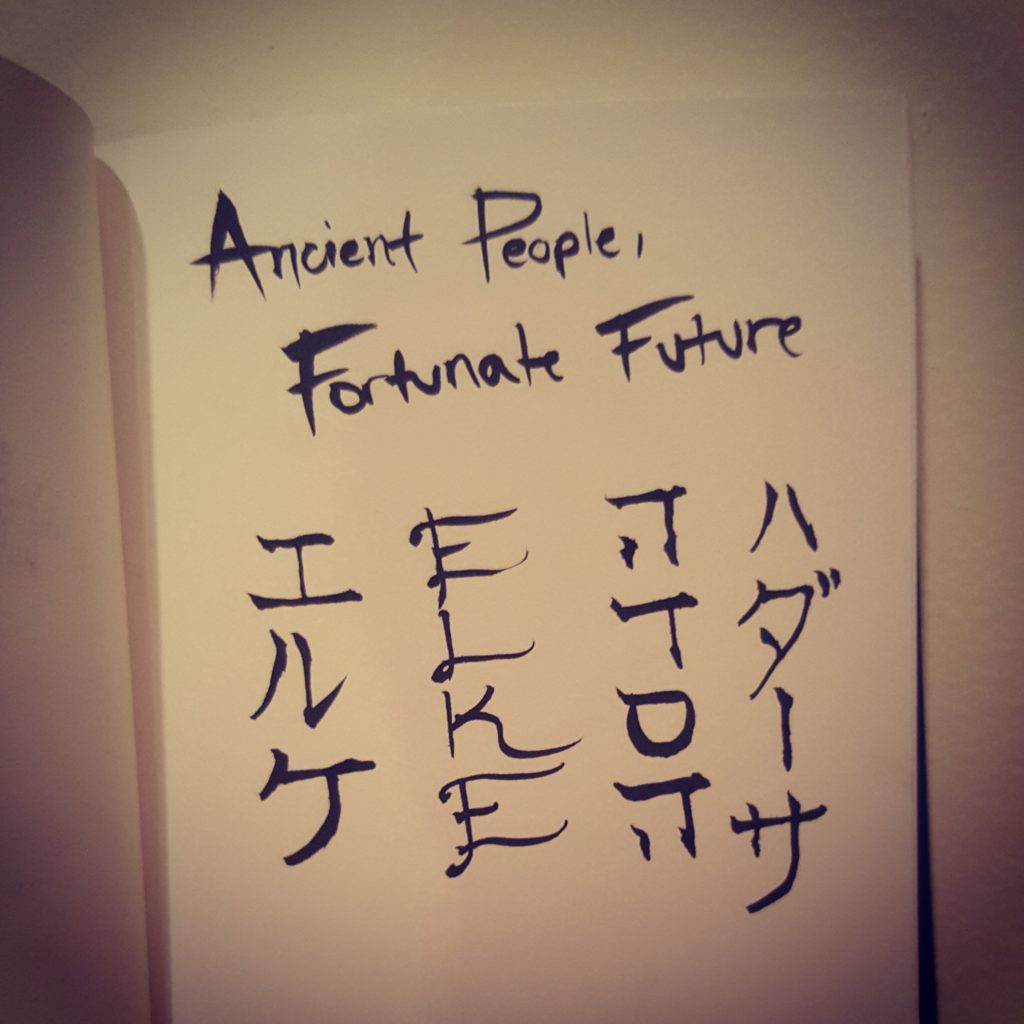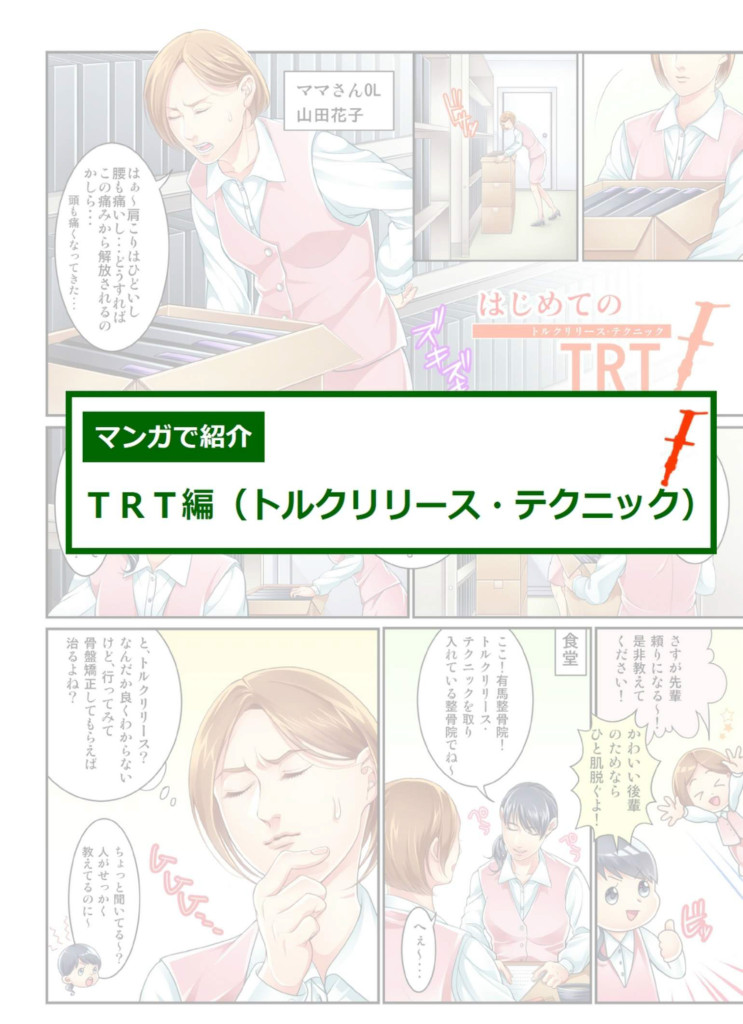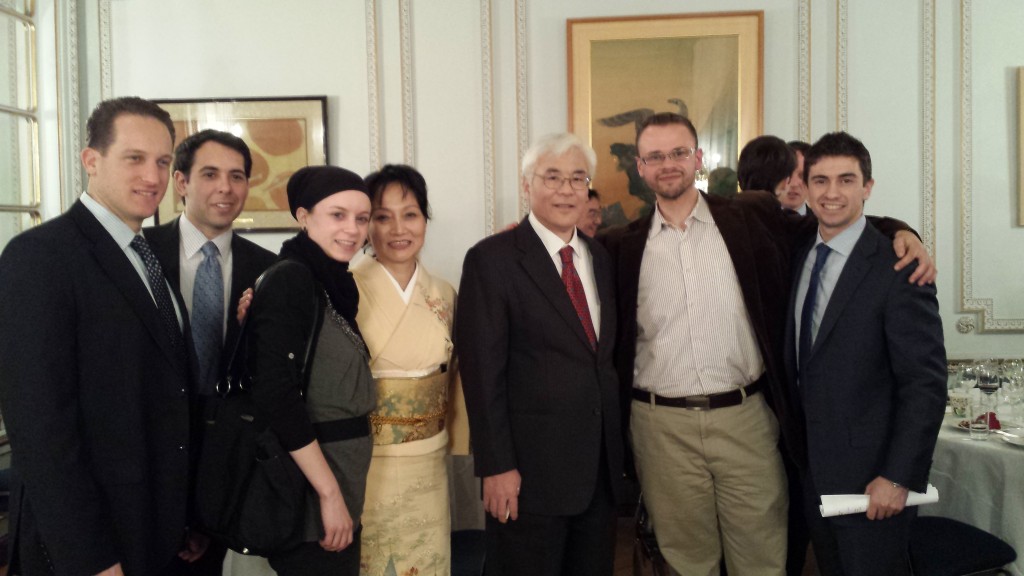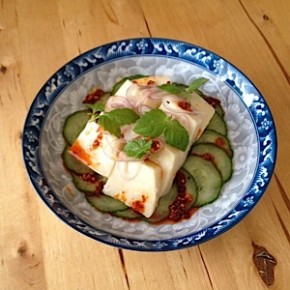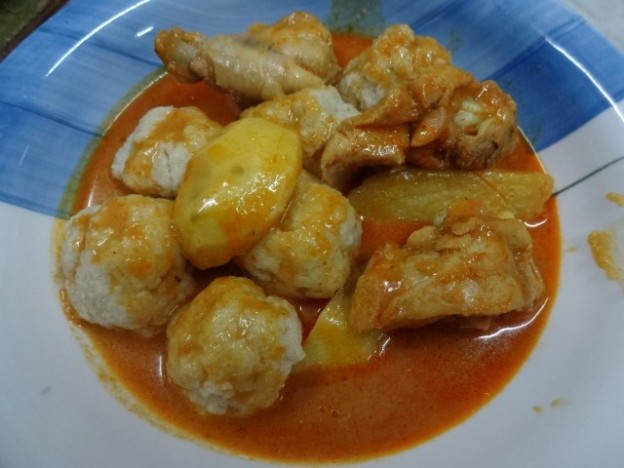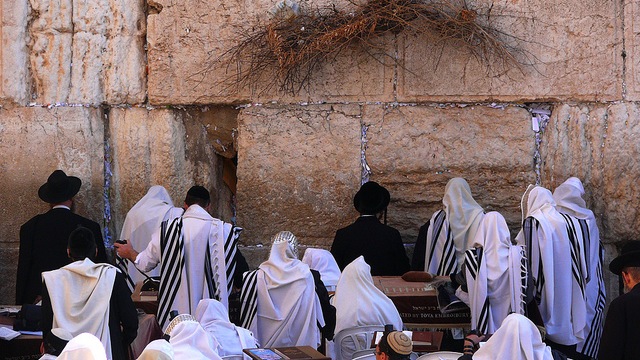
Jews, why are they so smart? Why are those people, those Jew people, so damned smart? What particularly is it about them, apart from their Jew-ness, that makes them smart? Answers to these questions and more can be found in former top Chinese official Wu Guanzheng’s new book.
Wu’s book, thrillingly titled ‘A Collection of Works Written During Leisure Time’, contains a series of reminiscences on his time in office – as China’s top anti-corruption official from 2002 to 2007 – including one on a trip he took to Israel. Isaac Stone Fish explains:
Wu notes how Jews “attach extreme importance to study” and how they see scholars “as their spiritual leaders.” Somewhat ironically for the man who was once the seventh-highest-ranking figure in an authoritarian system, Wu also praises Jews’ ability to “speak truth to power” and “freely express different opinions.”Chinese are notoriously philo-Semitic. Jewish visitors are often greeted with the platitude, “Ah, Jews, you so easily make money” (no joke), and there are dozens of Chinese-language books promising insight into Jewish secrets like raising smart children, succeeding in business, or unlocking the moneymaking secrets of the Talmud.
Read the full post in the Shanghiist


